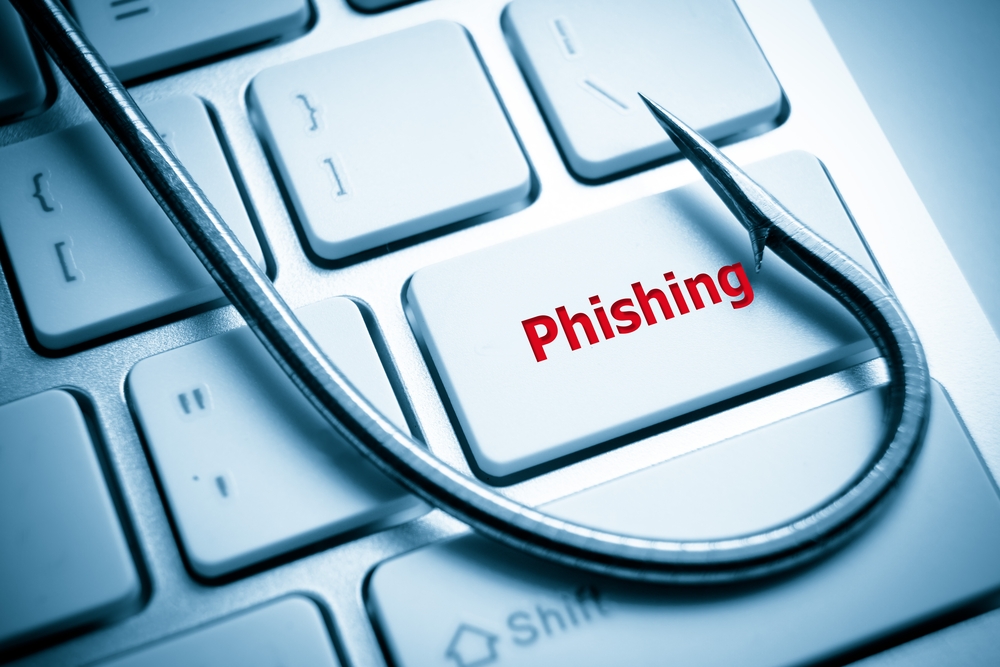TCG’s Easy Guide to Staying Safe and Secure Online
The internet can be a dark and dangerous
place where threats come in all shapes and sizes. These days online threats
have grown, and taking the same preventative measures you did in the past no
longer work to keep you safe.
Think about how much of your life is online
– communication, work, education, finances – by taking just a few safety
precautions you can really improve your safety.

Here at The Computer Guyz have come up with an easy guide to
stay safe, productive and private online…
Level
1 – Malware
Everyone wants to avoid malware in any way
that they can! Malware is often downloaded accidentally just by clicking on a
webpage and allowing it to load. Dangerous links can be found anywhere
including in emails or in messenger apps, like Skype.
The first thing you need to do is STOP CLICKNG
ON LINKS! This can be hard because links are sent amongst people all the time,
between friends and during working hours. For those you communicate with on a
regular basis, ask them to let you know beforehand if they are planning on
sending you a link and only send it once you have confirmed. This may sound a
bit over the top, however it is so easy to make the mistake of thinking a link
is from someone you trust, so rather confirm with the sender first or type in
your own links when someone sends you one.
QUICK TIP: Make sure your security software
is set to check all your files that are being downloaded and scan them.
Level
2 – Spyware
A cybercriminal who takes control of your
browser can find out all sorts of private information, including your
passwords, settings, etc. This is why it is so important to check your browser
extensions on a regular basis to make sure nothing suspicious is there. Be
aware and avoid any websites that trick you into installing browser add-ons.
Always stop and ask yourself this – is the convenience
of this add-on worth it in the long run, especially if it turns out to be
spyware?
QUICK TIP: Download from the source at all
times, do not download extensions from suspicious websites.
Level
3 – Cookies
This happens to everyone: you are busy
browsing a website for a new car and all of a sudden adverts for vehicles start
popping up on every website you visit. Cookies allow advertisers to follow your
actions online and bombard you with ads. Websites can even use cookies to
remember your account names, settings, passwords and history. Cutting down on
cookies can really help you to protect your data from cybercriminals.
When you are online make sure you are on
private browsing mode or incognito so that your cookies and browsing history is
not saved.
QUICK TIP: If you want to use social media
but you don’t want your login details to be saved automatically, make a separate
profile on Chrome, Firefox or Safari.
Level
4 – Phishing
We see possible phishing attacks everywhere
on the internet, especially fake websites designed to steal your personal info.
The first action is always to avoid clicking on links that are received in
emails or open attachments as well as fill out your sensitive information in
random online forms. Your best bet is to type out a URL yourself and you’ll be
able to catch tricks and avoid becoming the next victim.
QUICK TIP: Make sure not to use the same
password for all your accounts so that if one is compromised the rest are all
safe.
Be smart and make smart decisions, at home
and at the office, take the right preventative measures and you’ll be safe and
sound online!


Comments
Post a Comment